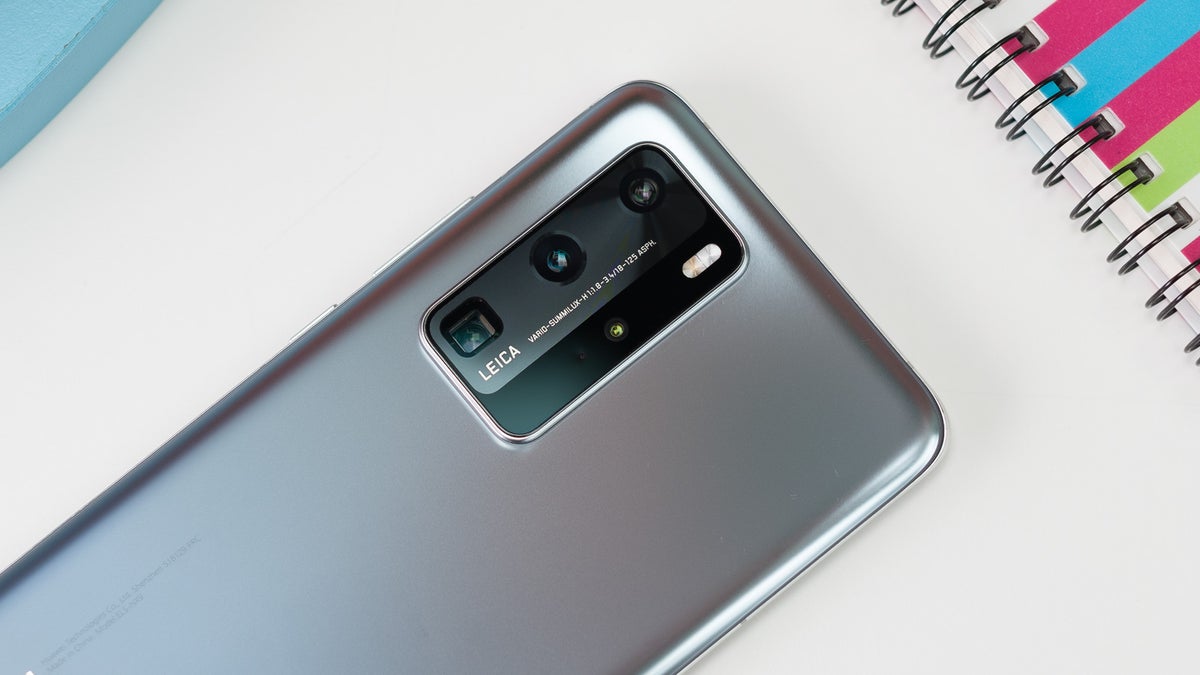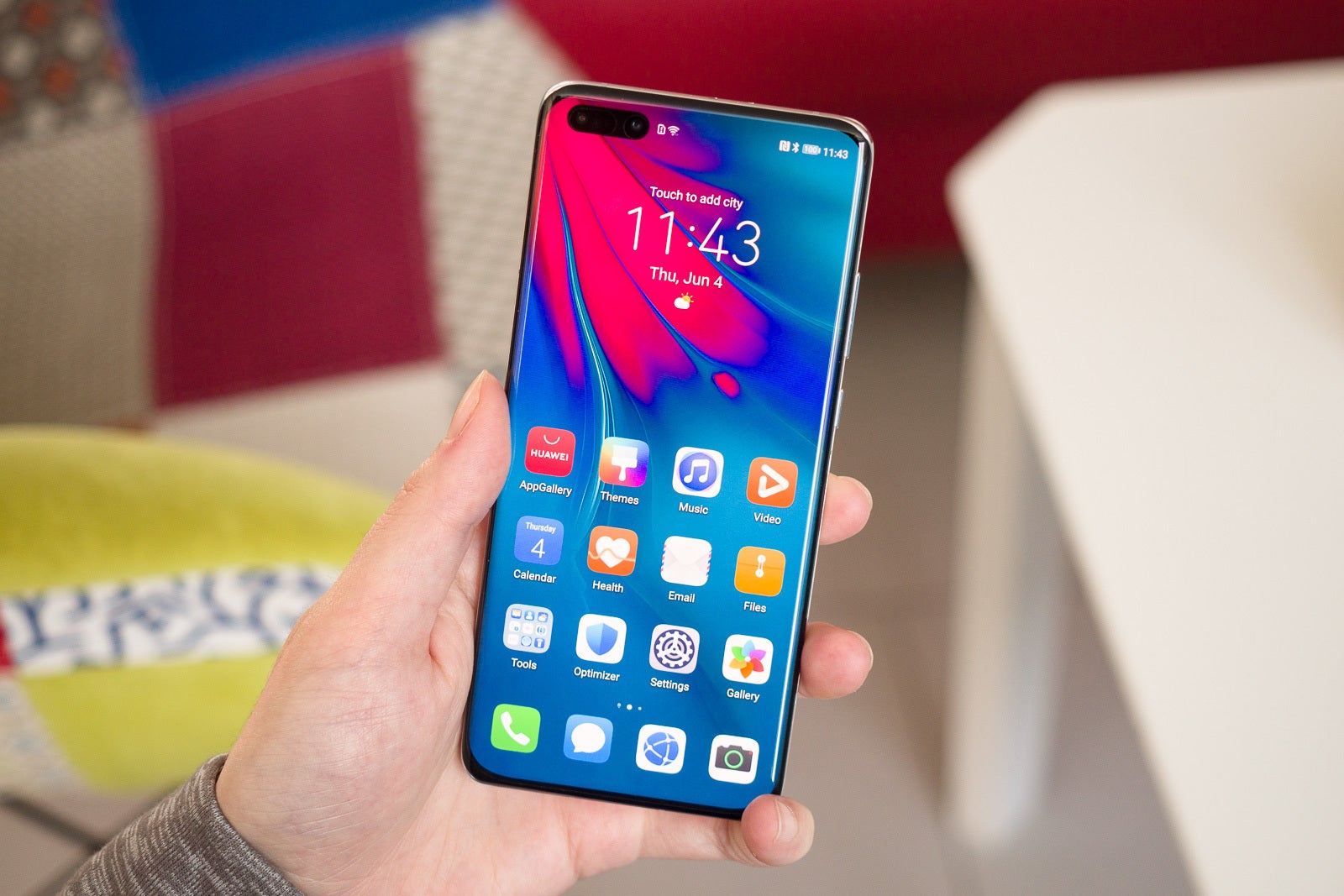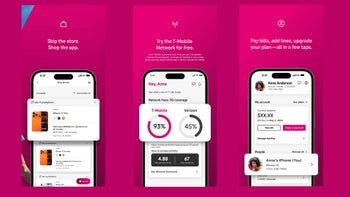Huawei could experience a Nokia-rivaling fall from grace in 2021

The Huawei P40 Pro
Huawei is expecting a 75% drop in sales next year
The Elec has learned from people with direct knowledge of the matter that Huawei recently shared its all-important internal smartphone sales forecast for 2021 with a group of South Korean subcontractors.
The company shipped an incredible 240 million smartphones throughout 2019 and is expected to ship 190 million units this year. The targets for 2021 are equal to 21% and 26% of these totals respectively.

The Huawei P40 Pro+
That effectively means the company’s smartphone business will be running on existing inventories for the foreseeable future. Reports suggest Huawei is in the process of stockpiling components and will have enough for 3-6 months of business.
After that, Huawei’s once-lucrative smartphone division could collapse entirely unless the US government sanctions are eased or a workaround is found. But at the moment, neither of these scenarios seem very likely.
Nokia saw its historic mobile phone business collapse in the early 2010s because it failed to anticipate the rise of Android and bet its entire future on the failed Windows Phone & Windows 10 Mobile operating systems.
Huawei’s situation is completely different, but the brand is arguably at risk of becoming the modern-day Nokia. And, once again, the companies that look set to benefit the most from the downfall are Samsung and Apple.
That will be helped by the ongoing tensions between India and China, which look set to negatively impact rival brands such as Vivo, Oppo, and Xiaomi.
Huawei is at risk of becoming the modern-day Nokia
Nokia saw its historic mobile phone business collapse in the early 2010s because it failed to anticipate the rise of Android and bet its entire future on the failed Windows Phone & Windows 10 Mobile operating systems.
Huawei’s situation is completely different, but the brand is arguably at risk of becoming the modern-day Nokia. And, once again, the companies that look set to benefit the most from the downfall are Samsung and Apple.
The Elec claims Samsung is hoping to steal the customers Huawei leaves behind in 2021, particularly those in Europe, and has set itself an internal smartphone sales target of 300 million units. In 2019 the company shipped 295 million devices and this year shipments should land in the region of 250 million.
That will be helped by the ongoing tensions between India and China, which look set to negatively impact rival brands such as Vivo, Oppo, and Xiaomi.
Speaking of Xiaomi, The Elec believes the company will benefit from Huawei’s shrinking business in China in the low-end and mid-range segments. Over in the high-end segment, however, Apple is likely to eat up market share. That is, of course, unless the company is targeted by China in retaliation.
Apple is also expected to benefit from a lack of Huawei flagships in Europe. In recent years the latter has focused heavily on the region’s premium market, but Apple will probably claw back any lost customers.
Regardless of the headwinds, Huawei is pushing ahead and recently announced a commitment to customers in Europe. But whether the company can escape the current mess as it has done so far will remain to be seen.
Huawei is pushing ahead regardless of the mess
Regardless of the headwinds, Huawei is pushing ahead and recently announced a commitment to customers in Europe. But whether the company can escape the current mess as it has done so far will remain to be seen.
Next up on Huawei's schedule is its annual developer conference, where it should announce the next flagship Kirin chipset and more information about its future software releases, although it's unclear if future business plans will be detailed too.
Follow us on Google News















Things that are NOT allowed:
To help keep our community safe and free from spam, we apply temporary limits to newly created accounts: